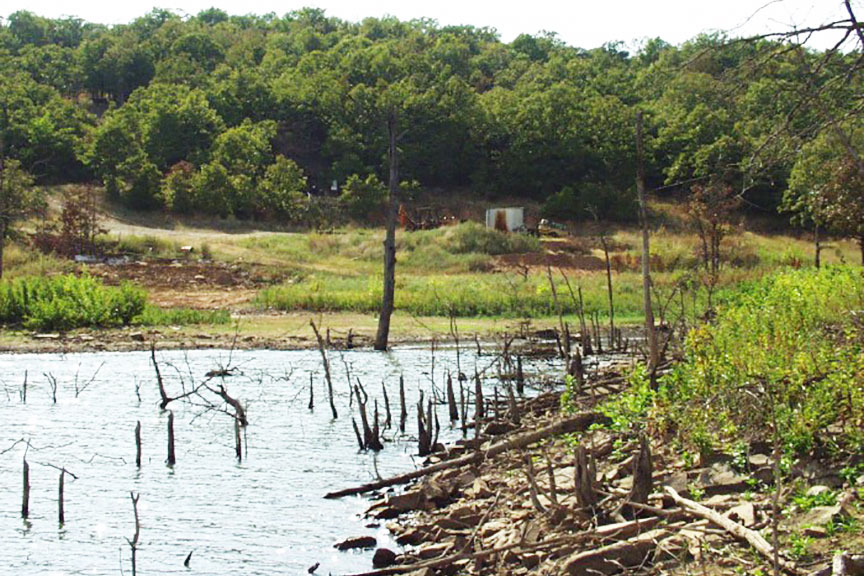Dust control has always been a major issue for industrial sites and in response, myriad techniques have been attempted to eradicate it. For example, one of these old-fashioned approaches, watering, works like a band-aid, potentially lasting for just mere minutes, racking up costs with multiple application sessions to reapply the suppressant. Even chlorides, concocted of sodium, magnesium, and magnesium chlorides, which work by trapping external moisture to the road, lead to similar patterns as other short-term fixes. Beyond these two common practices, other methods like asphalts and motor oil have been banned entirely due to their toxicity. You can read more about why these outdated methods are insufficient in our blog article “The Problem with Cheap Dust Control Approaches.” Brine for dust control has now been discounted as a viable method as well.
Unlike these disproven alternatives, Midwest has successfully delivered long-lasting, environmentally friendly, dust control solutions for almost 50 years. What’s the secret to our method? Simply put, it’s Dust Control Down to a Science. By evaluating your needs using chemistry, Midwest creates a customized program for treating your site with up to a 95% effectiveness rate, a 95% reduction in water usage, a 75% reduction in grading, and better road maintenance without fear of polluting the surrounding environment.
Science Knocks Down Brine for Dust Control
Not only has science proved Midwest a reliable and innovative solution for dust suppression, but it’s also recently led to another competitor biting the dust. A 2022 study performed by Penn State researchers found that the use of brine as a dust control tactic was not only ineffective, but highly toxic to the surrounding environment.
Initially, the use of brine for dust control was considered an environmental triumph because it repurposed wastewater to eliminate dust. However, the Penn State research team conducted “two laboratory-scale studies comparing samples of oil and gas wastewater … to study the impact of rain runoff after dust suppression, [and they] found that every suppressant tested leached contaminants in proportion to its chemical composition” (Schley and WennersHerron). In short, when these chemical mixtures found in brine are applied to roads for dust control, researchers confirmed that these toxic pollutants leak and contaminate the surrounding environment within the very first rainfall.
The purpose of dust control is to contain and eradicate dangerous air pollution. Yet these studies uncover just how many dust control methods are fighting pollution with more pollution.
The outcome of this research confirmed suspicions held by the Pennsylvania Department of Environmental Protection, who halted the use of motor oil and brine for dust control in 2018 out of concern that it was exacerbating pollution.
It Just Didn’t Work
On top of introducing added pollutants into the environment, the Penn State study also scientifically proved that brine for dust control undermines the integrity of roadways, amassing even more expenses to sustain their structure in addition to the extraneous cost of reapplication sessions.
And yet as another competitor falls, Midwest continues to stand as a leader in dust control. Nailing dust control down to a science, our product offers long term cost-effective results, that not only get the job done, but simultaneously strengthen your roads.
Perhaps our greatest achievement lies in our guarantee that our products are the most environmentally friendly solution available in the world of dust control. It has been proven by both third-party testing as well as our own performance monitoring that our customizable dust control program will not leak toxic chemicals and pollutants into your surrounding environment. Our product adheres to its intended surface without fear of runoff or cracking. Founder Bob Vitale created Midwest with a mindset centered on environmental stewardship and quality. Midwest’s mission has always been to create environmentally responsible solutions for roads, rails and runways, to improve customer productivity, compliance and community quality of life. With strong core values such as these, it’s no wonder that competitors like brine and watering are continually disproven as healthy and effective solutions to dust control, while Midwest has continued to show our commitment not just to quality products, but a higher quality of life as the true end goal.

